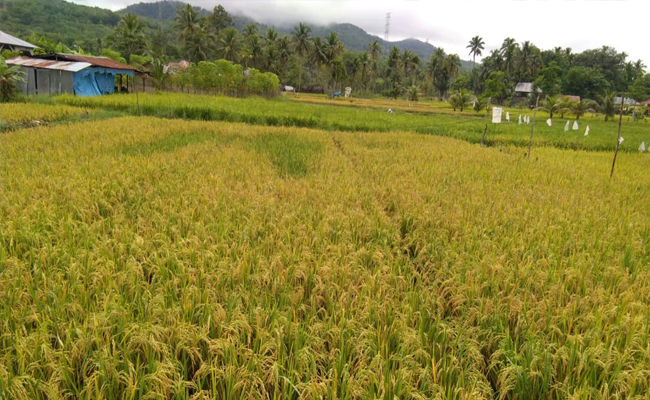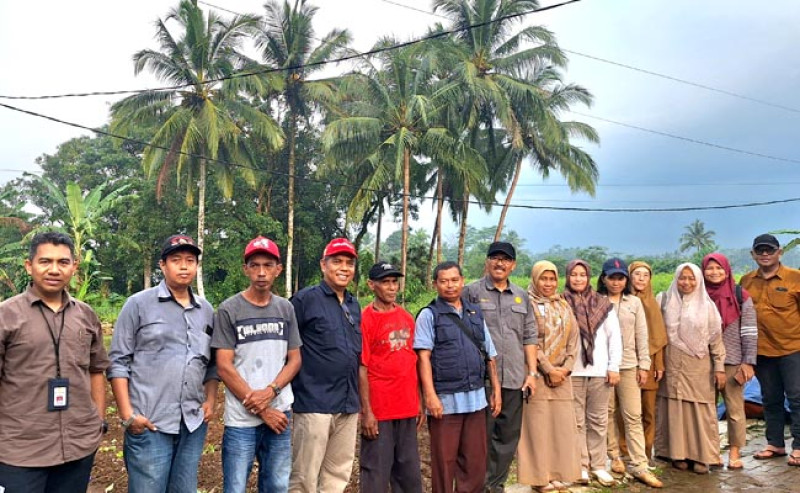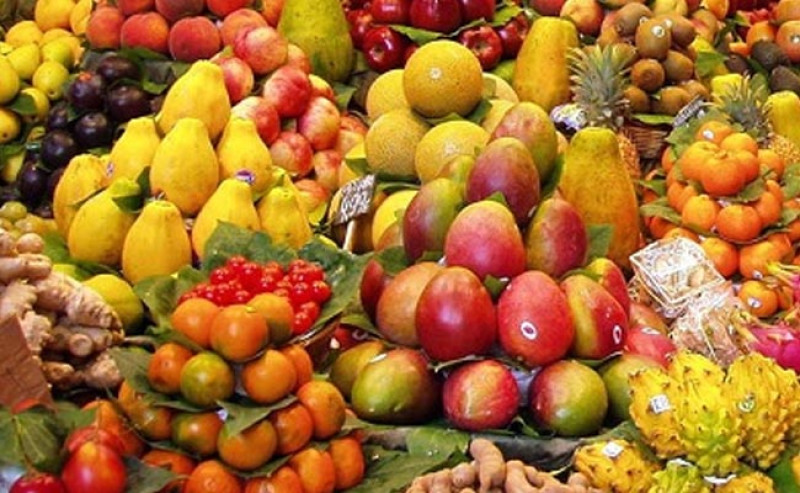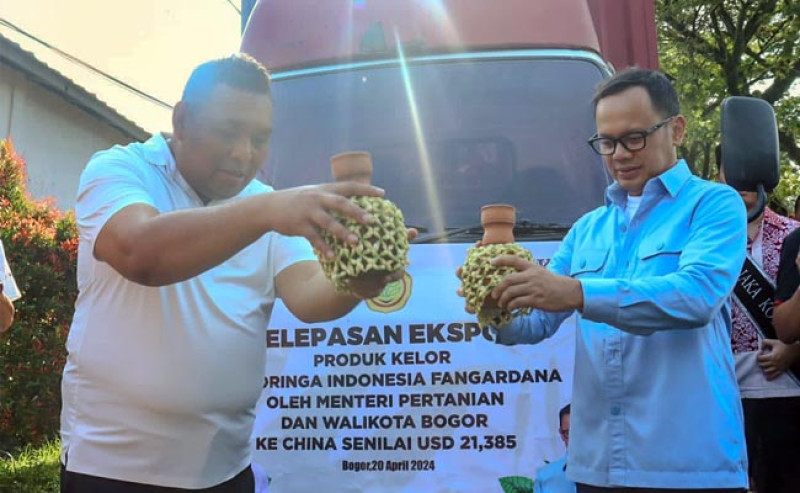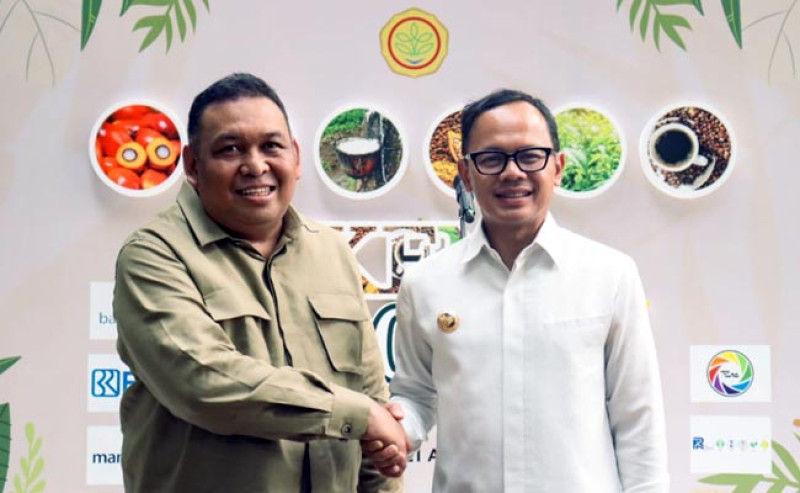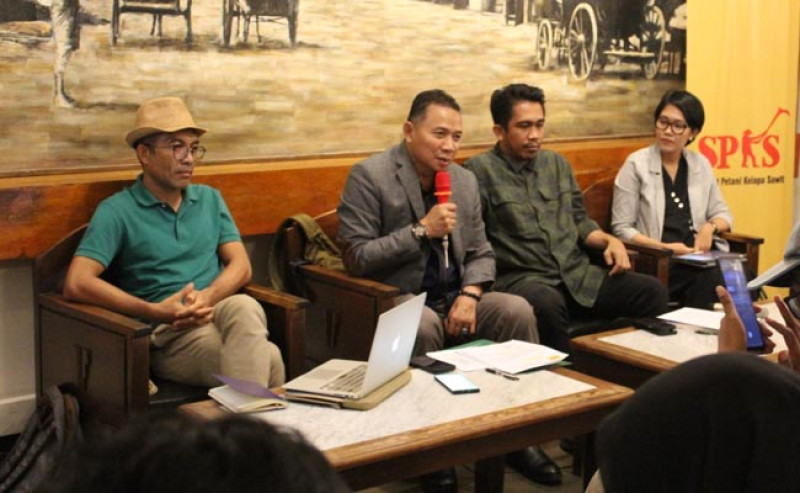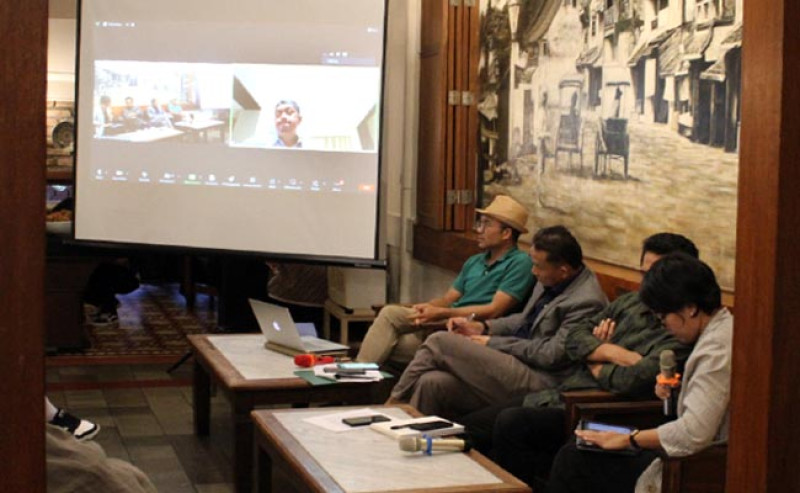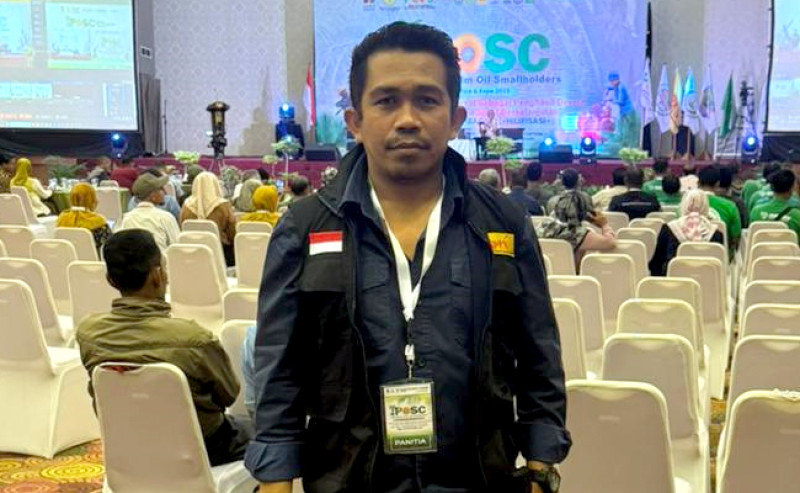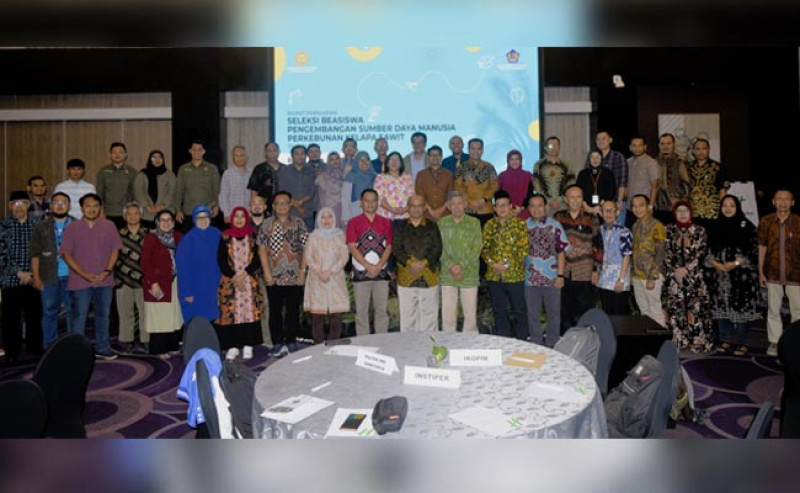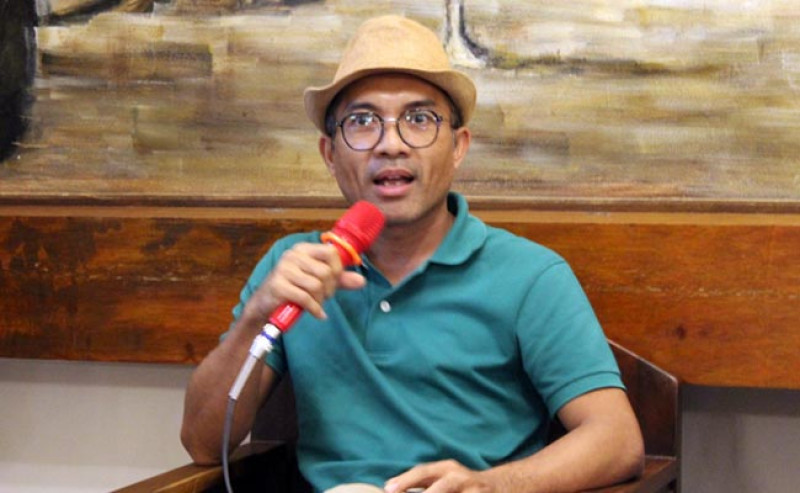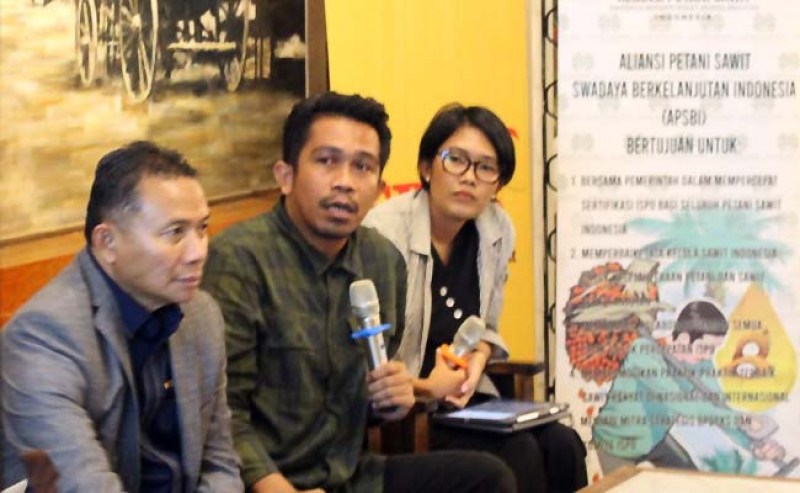Agricom.id, JAKARTA - Food estate program or new food barn from proposed by ministry of agriculture in the swamps in Central Kalimantan is supported by many. it is thought that the program could solve the possibility of food crisis threat and fulfill the needs nationally.
Researcher of Lembaga Ekonomi dan Masyarakat (LPEM), Universitas Indonesia (UI), Riyanto said that the program is the pilot project that could be implemented in many regions in Indonesia.
But before that, ministry of agriculture as the leading sector should confirm the communication and coordination among all sides, namely four ministries involved in the program.
“It needs to involve the swamp researchers and the paddy experts to develop the right and best cultivation technology in the swamps. It is important to study the social and environment impacts besides studying the benefits and cost in economic perspective,” Riyanto said, Saturday (27/6/2020) as in the official written statement to Agricom.id.
He also mentioned that the program should involve the local that the enterprises should fully supports as the facilitator. This is essential so that the local people could directly get the advantage from the program.
“It needs to develop the partnership with the local farmers within the enterprises to get the positive impacts to the local,” he said.
The decision of the government not to make new paddy fields in the swamps, he continued, is good. The new planting in Java is difficult to do for it spends much.
“I think that in the future, there should be modification of cultivation technology to plant paddy so that there would be increasing production,” he said.
The food observer and Vice Dean in Academy, Faculty of Agriculture, Universitas Brawijaya Malang, Sujarwo thought that food estate program has massive scale of economy and it is the condition heading to modern agriculture.
“This is a huge leap but it needs to notice the agriculture institution development,” he said.
He also thought that the food estate program should have active participative base from the farmers, should have sustainable concepts, and goals to welfare together. The program should have the big portion both from the upstream and downstream production in the food agri-business perspective.
“As the entity, food estate should be the leverage factors by convincing the farmers that the collaboration in the food estate would increase their welfare and the people of Indonesia,” he said.
For information, the food estate program is different from rice estate. Food estate tends to integrate the food plantation, horticulture, plantation, and livestock in the available areas.
About this, he hoped that the food estate concept development should be reinforced from the norms, trust, and networking through the available concepts and it needs to maximally convince the people’s trust that by the food estate, the food would be available better.
“That is why the collaborative actions to reinforce the food independency and create the additional values are the keys,” he said.
Sujarwo also appreciated what ministry of agriculture decided not to make new paddy fields. He thought that it is the right one to advantage the existing areas of swamp development.
“It is better to advantage and cultivate the areas where the swamps were developed than doing new planting. In the previous, the swamps development invested in huge numbers. It is important and essential to know and study the failure of the previous program to be improved and should not make the same mistakes,” he said.
Meanwhile, the agriculture observer who is also the Chairman of DPD Himpunan Kerukunan Tani Indonesia (HKTI) West Java, Entang Sastraatmaja thought that the food estate program is the right solution to make Indonesia as the food barn in the world. He thought that the program should seriously run namely from the budget perspective.
“This is the chance for our nation to be the food barn in the world. But the question remains, where we could find the sources of other budgets,” he said.
He also mentioned that the food estate should be developed as the multi-sector policy. That is why one thing to emphasize is the essential collaboration among the stakeholders.
“In the plans, do not think of one sector only but should cooperate one to the other. The cooperation is not from the production only but also about the marketing. Food estate should be designed sustainably,” he said.
For information, ministry of agriculture is in cooperation with ministry of defense, ministry of public work and people’s housing, ministry of enterprises to develop food estate program.
The areas to cultivate in the project would cover 164.598 hectares within the intensification reaching 85.456 hectares and extensification reaching 79.142 hectares. This year, it would start by developing the intensification reaching 30 thousand hectares as the pilot project of modern food estate in farmer corporate – base. It would be running in District of Kapuas for about 20 thousand hectares and in District of Pulang Pisau for about 10 thousand hectares.
In the previous, academy of Universitas Lambung Mangkurat (ULM), Anis Wahdi and Chairman of Agriculture, Economic, Social Department of Universitas Gajah Mada (UGM), Jangkung Handoyo Mulyo supported the food estate program as the long term program to increase the food needs nationally. (A2)
